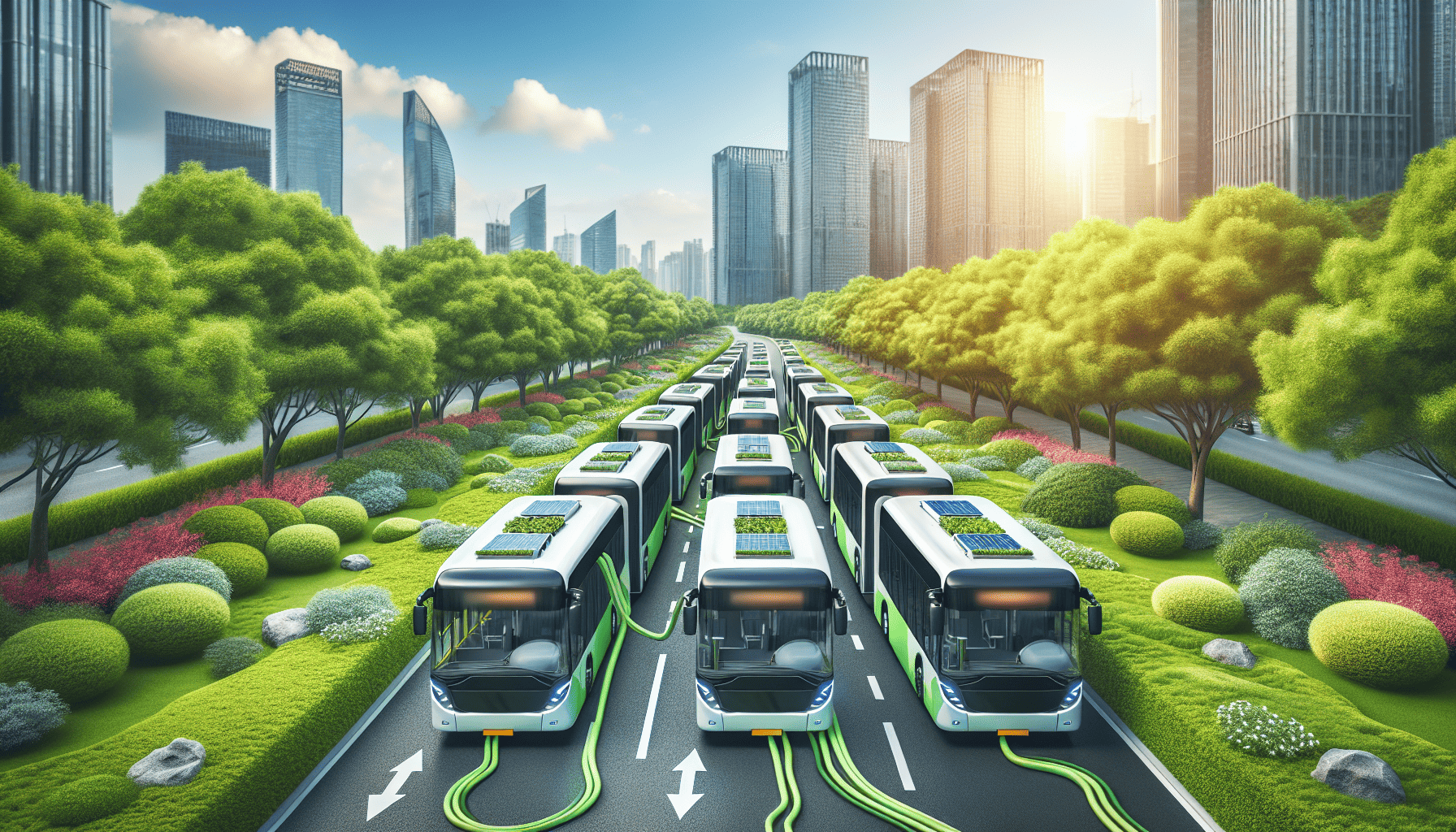The quest for sustainable transport solutions has become increasingly critical in our modern world, as the urgency to reduce carbon emissions and promote eco-friendly travel becomes ever more apparent. Transportation accounts for a significant portion of global greenhouse gas emissions, making it a vital area for innovation and change.
One of the most promising developments in sustainable transport is the advancement of electric vehicles (EVs). Unlike conventional cars, EVs do not rely on fossil fuels, thereby emitting zero tailpipe emissions. The adoption of electric buses, cars, and even bikes is steadily increasing, driven by improvements in battery technology and a growing network of charging infrastructure. Additionally, many governments are offering incentives to encourage consumers to make the switch to electric, recognizing the long-term benefits for the environment.
Public transport systems are also evolving to embrace sustainability. Cities around the globe are investing in efficient subway systems, light rail transit, and bus rapid transit lines to reduce the reliance on private vehicles. These modernized networks often incorporate renewable energy sources, such as solar or wind power, in their operations. By making public transport more reliable and accessible, these initiatives encourage more people to leave their cars at home and choose more sustainable options for their daily commutes.
The concept of shared mobility is gaining traction as an effective solution. Car-sharing and ride-sharing services reduce the number of vehicles on the road, thereby decreasing traffic congestion and emissions. Shared bike and scooter schemes provide additional options for short-distance travel, with many cities integrating these services into their public transport systems. These initiatives promote the idea of using transportation as a service, rather than relying on private vehicle ownership.
Moreover, cities are redesigning their infrastructure to support active modes of transportation like walking and cycling. Creating pedestrian-friendly pathways and expanding bike lanes are essential strategies to reduce reliance on cars for short trips. Not only do these changes improve air quality and reduce noise pollution, but they also enhance public health by encouraging physical activity.
Innovative technology is also playing a key role in the shift towards sustainable transport. The rise of autonomous vehicles holds the potential to optimize traffic flow and reduce emissions through more efficient driving patterns. In addition, technologies such as artificial intelligence and big data analytics help manage and optimize public transport systems, further lowering their environmental impact.
The shipping industry, responsible for a substantial share of transportation emissions, is also exploring sustainable alternatives. The development of vessels powered by alternative fuels such as hydrogen or biodiesel, and the implementation of wind-assisted propulsion systems, mark significant strides towards reducing the sector's carbon footprint.
Finally, a vital component of fostering sustainable transport is raising public awareness and encouraging behavioral change. Educational campaigns and community engagement initiatives can highlight the environmental benefits of choosing sustainable travel options, urging individuals to rethink their transportation habits.
In conclusion, the move towards sustainable transport solutions encompasses a multitude of strategies and innovations. From electric vehicles to autonomous technology, shared mobility to public transit improvements, these solutions work collectively to minimize the environmental impact of transportation. As cities and nations continue to prioritize sustainability, the adoption and success of these eco-friendly travel alternatives will undoubtedly play a pivotal role in shaping a cleaner, greener future.
